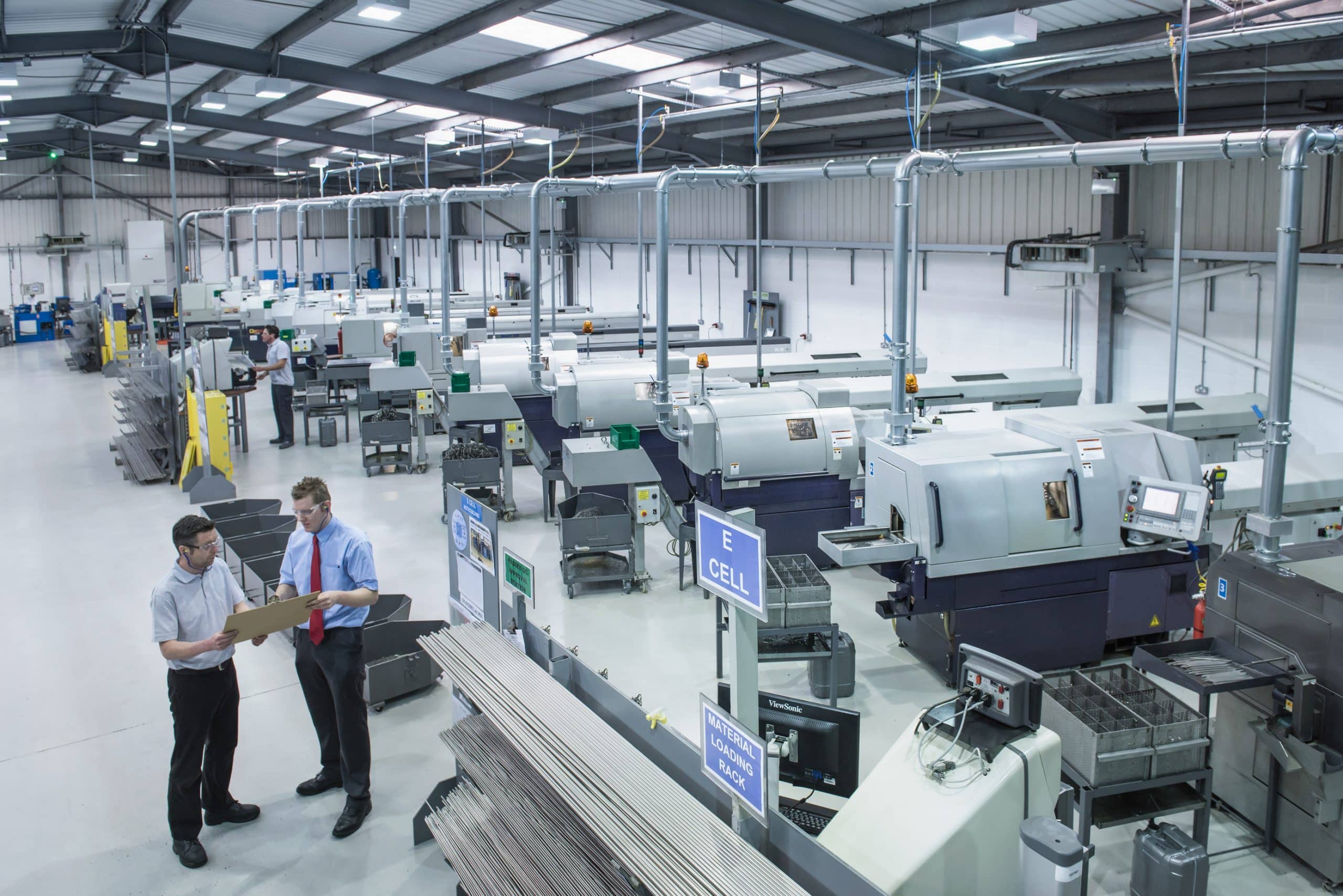Can AI Help Improve the Efficiency of Solar Power Plants?

In this modern era, it’s clear that the energy industry is undergoing a significant transformation. The shift towards renewable power sources, such as solar energy, is palpable. However, despite the technological advancements made in the field of solar power, there are still challenges to overcome. One of the major challenges is to increase the efficiency of solar power systems. It is not just about producing energy, it’s about producing it efficiently and sustainably. As you delve into this article, you will discover how artificial intelligence (AI) can play a pivotal role in enhancing the performance of solar power plants.
The Role of Artificial Intelligence in Solar Energy
The emergence of artificial intelligence has brought innumerable changes across various industries, and the energy sector is no exception. AI’s role in solar energy is multi-faceted and far-reaching. Its ability to learn from past data, make predictions, and optimize processes can bring about a marked improvement in the efficiency of solar power systems.
A lire aussi : What’s the Impact of Nanosensors on Precision Medicine?
Artificial intelligence can offer a comprehensive solution for managing and optimizing solar power production. By creating complex algorithms, AI can forecast weather conditions, determine the best angle for panels to capture sunlight, predict equipment failure, and even optimize the cleaning and maintenance of solar panels.
Enhancing Solar Panel Efficiency through Machine Learning
One of the key areas where AI can make a significant impact is in enhancing the efficiency of solar panels. Machine learning, a subset of AI, is capable of analyzing large amounts of data and learning from it. For solar power plants, this learning capability can be used to maximize the performance of each solar panel in the system.
Lire également : Chatbots and accessibility: making conversational agents inclusive
Machine learning algorithms can analyze historical weather data, including factors such as temperature, humidity, and sunlight intensity. They can forecast the amount of sunlight that will be available in the future, allowing the solar power system to optimize its power production.
Moreover, these algorithms can also identify patterns in the performance data of solar panels. They can predict when a solar panel’s performance is likely to drop due to dust accumulation or any technical issues. This predictive maintenance can help to resolve issues before they become critical, ensuring that the solar power system operates at its maximum efficiency at all times.
Artificial Intelligence for Optimal Maintenance of Solar Power Systems
Maintenance is a crucial aspect of solar power systems. Regular cleaning and servicing of solar panels can significantly improve their performance and lifespan. However, manually monitoring and maintaining these panels can be time-consuming and potentially erroneous. This is where artificial intelligence can lend a helping hand.
AI can automate the monitoring process, constantly checking the performance of each panel and alerting when its efficiency drops. More advanced systems can even predict when a panel is likely to require maintenance, based on historical data.
Additionally, AI can guide the maintenance process. For instance, it can suggest the optimal time for cleaning the panels based on factors like weather predictions and dust accumulation rates. This enables solar power plants to maintain their panels in the most efficient manner, thereby maximizing the power production.
Leveraging AI for Data-Driven Decisions in Solar Power Industry
Data is the lifeblood of the solar power industry. It not only provides insights into the performance of solar power systems but also paves the way for strategic decision-making. With the help of artificial intelligence, the industry can leverage this data to make smarter and more informed decisions.
AI algorithms can process large amounts of data and identify trends and patterns. This can provide valuable insights into the factors affecting the performance of solar power systems, such as the impact of weather conditions, the efficiency of different solar panel models, and the effectiveness of maintenance practices.
Moreover, AI can also assist in making strategic decisions. For instance, it can predict the future performance of solar power systems based on historical data and current trends. This can help in planning future expansions, identifying potential areas of improvement, and making informed investment decisions.
In essence, artificial intelligence has the potential to revolutionize the solar power industry. With its ability to analyze large amounts of data, make accurate predictions, and optimize processes, AI can enhance the efficiency of solar power systems and pave the way for a more sustainable future.
AI in Real-Time Performance Optimization of Solar Power Systems
Real-time performance optimization is another significant aspect where artificial intelligence can make a considerable impact in the solar energy sector. Given the intermittent nature of sunlight, the performance of solar panels can fluctuate throughout the day. Here, AI can play an instrumental role in ensuring the optimal utilization of available sunlight, thereby enhancing the overall efficiency of solar power systems.
Artificial intelligence, coupled with advanced sensors, can monitor the performance of solar panels in real-time. It can assess the intensity of incoming sunlight, the angle of incidence, and the current output of each panel. Based on these parameters, AI can adjust the position and angle of solar panels to capture the maximum amount of sunlight at any given time.
Furthermore, integrating AI with energy storage solutions can significantly improve the reliability and efficiency of solar power systems. AI can manage the charging and discharging cycles of energy storage devices in response to the real-time performance of solar panels and the energy demand. This ensures a steady supply of solar power even during periods of low sunlight or high energy demand.
Hence, by optimizing the real-time performance and energy storage of solar power systems, artificial intelligence can ensure a reliable and efficient supply of solar energy, contributing to a more sustainable energy landscape.
Conclusion: The Future of Solar Power with Artificial Intelligence
In conclusion, artificial intelligence has emerged as a powerful tool in revolutionizing the solar power industry. From optimizing the performance of solar panels to predictive maintenance and real-time performance adjustments, AI’s role in enhancing the efficiency of solar power systems is immense.
Machine learning algorithms are crucial in enabling predictive modeling and data-driven decision making. By analyzing historical data and identifying patterns, they provide a roadmap for optimizing energy production, planning maintenance tasks, and making strategic decisions in the energy sector.
Moreover, the integration of AI with energy storage solutions offers a promising approach to overcome the intermittent nature of solar energy, ensuring a reliable and efficient supply of renewable energy.
While the journey towards a fully AI-integrated solar power industry is still underway, the progress made so far is encouraging. As AI continues to evolve and mature, its contribution to solar technology is set to soar, promising a future where solar power systems operate at their maximum efficiency, paving the way for a more sustainable world.
Embracing artificial intelligence in solar power systems is no longer a choice but a necessity. It is the key to unlocking the full potential of solar energy and making the most of this abundant, renewable source of power. As we move towards a future dominated by renewable energy, artificial intelligence stands as a beacon of hope, guiding us towards a more sustainable, efficient, and renewable energy landscape.
